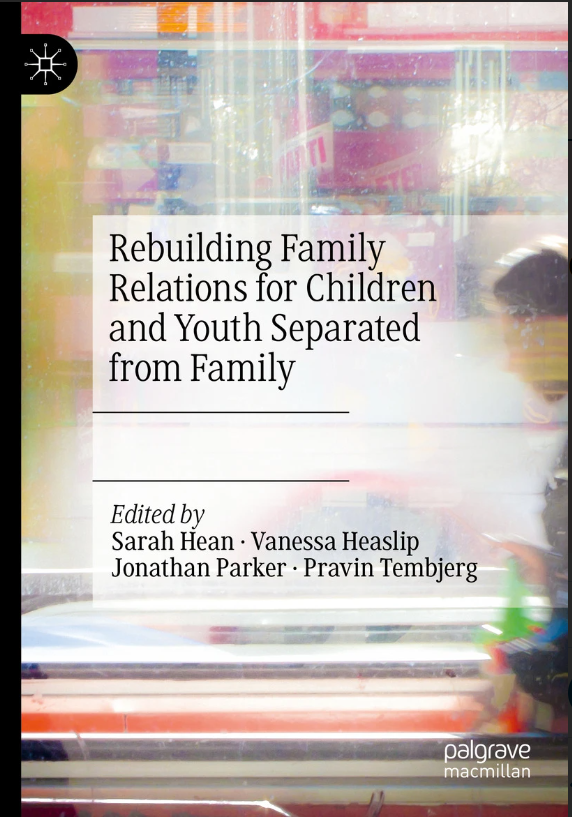 Bournemouth University Emeritus Professor, Jonathan Parker, now Health Services University, UK, former BU academic Professor Vanessa Heaslip, now Salford University and Professor Sarah Hean and Pravin Tembjerg from the University of Stavanger, Norway, are pleased to announce the publication of their edited international research collection Rebuilding Family Relations for Children and Youth Separated from Family. This edited volume is published by Palgrave Macmillan.
Bournemouth University Emeritus Professor, Jonathan Parker, now Health Services University, UK, former BU academic Professor Vanessa Heaslip, now Salford University and Professor Sarah Hean and Pravin Tembjerg from the University of Stavanger, Norway, are pleased to announce the publication of their edited international research collection Rebuilding Family Relations for Children and Youth Separated from Family. This edited volume is published by Palgrave Macmillan.
This edited volume explores a range of causes for separation of children and young people from family, the impact of these causes, and methods that both professionals and families may employ to build or rebuild these relations. In particular, contributions focus on six high priority crises through which children and young people become either permanently or temporarily separated from their families: removal by child welfare services, migration, family breakdown, placement into institutional care, incarceration and/or the death of a parent. Contributors include scholars in social work, psychology, health, sociology, social policy, and political science and the work develops co-production participatory research methods and tools in addition to empirical research to enhance professional practice.
Congratulations!
Prof. Edwin van Teijlingen



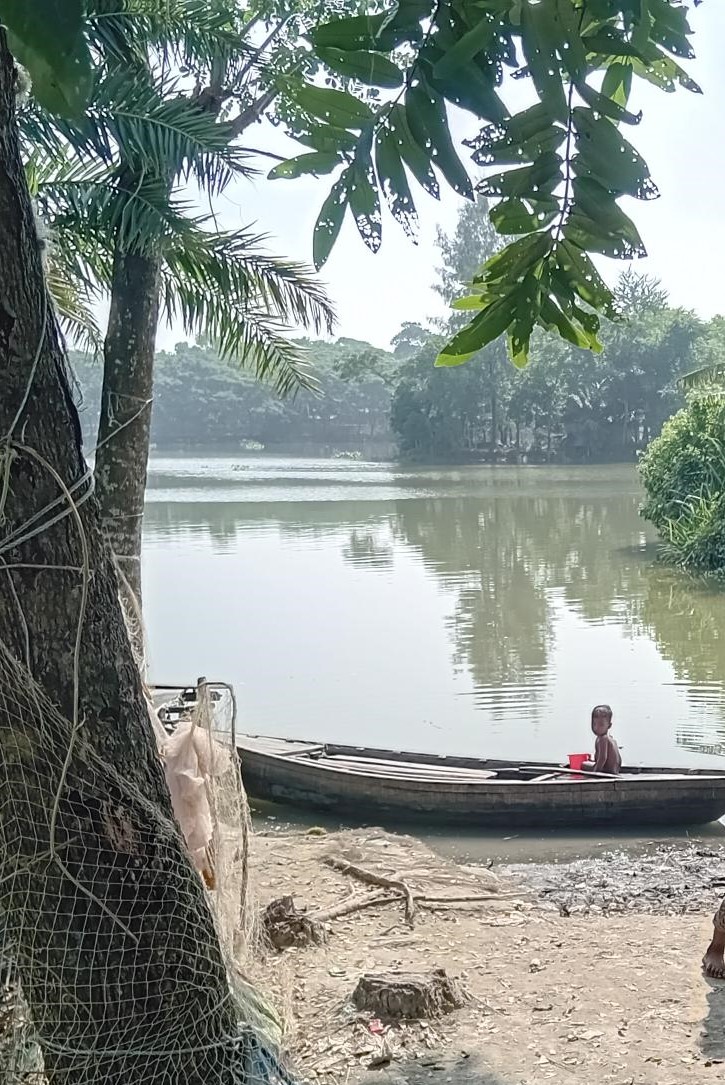
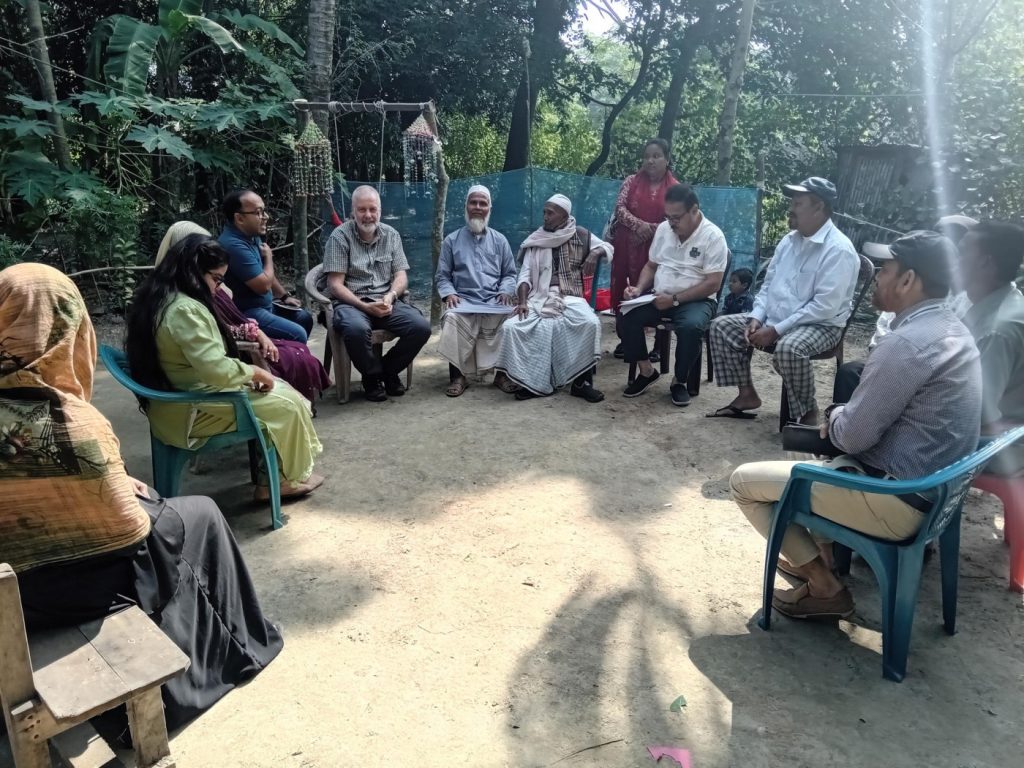
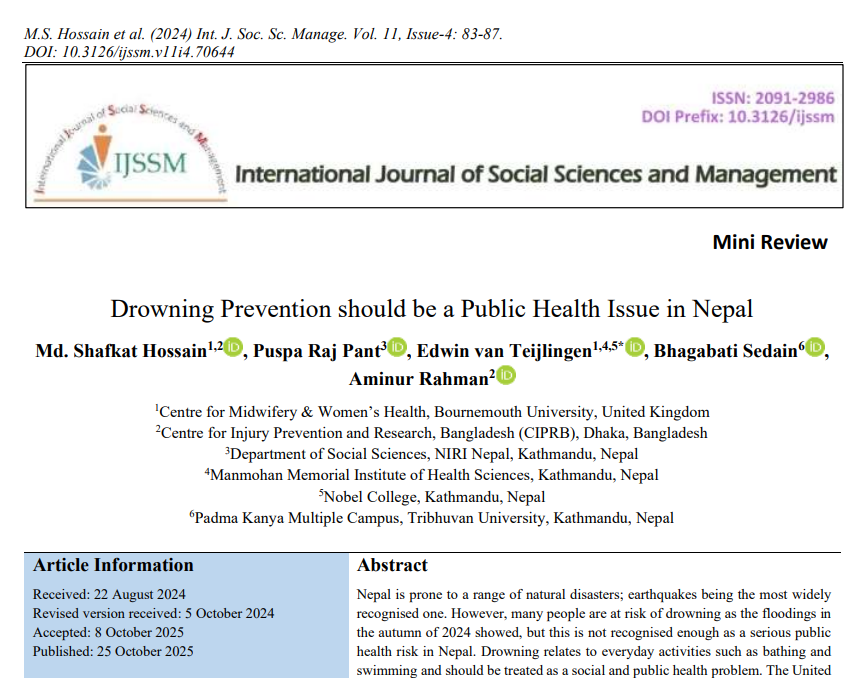
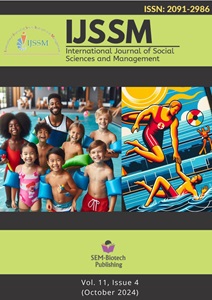

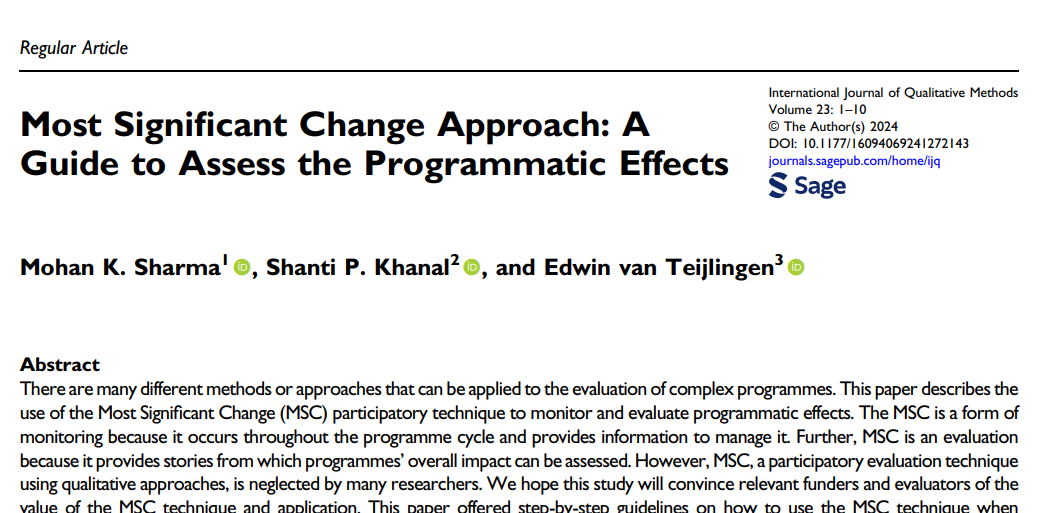
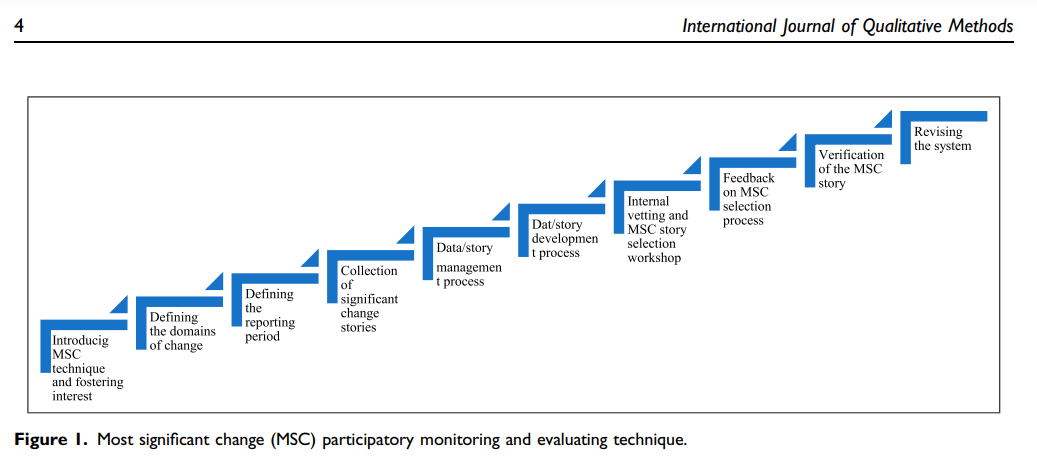
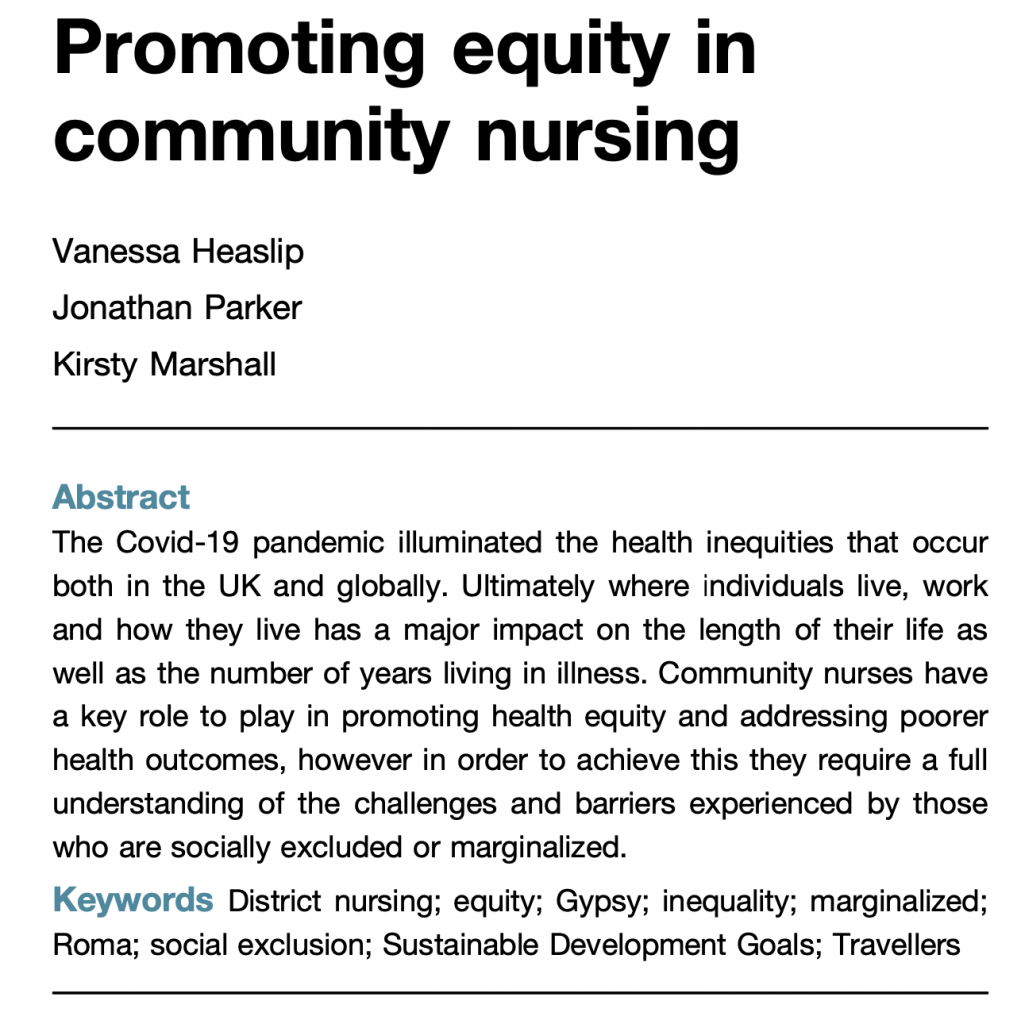
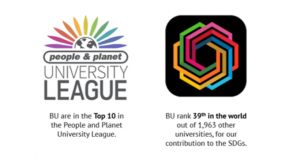
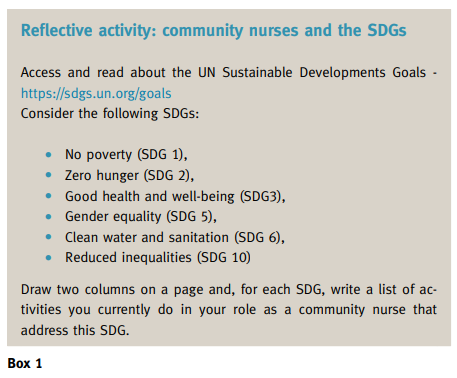
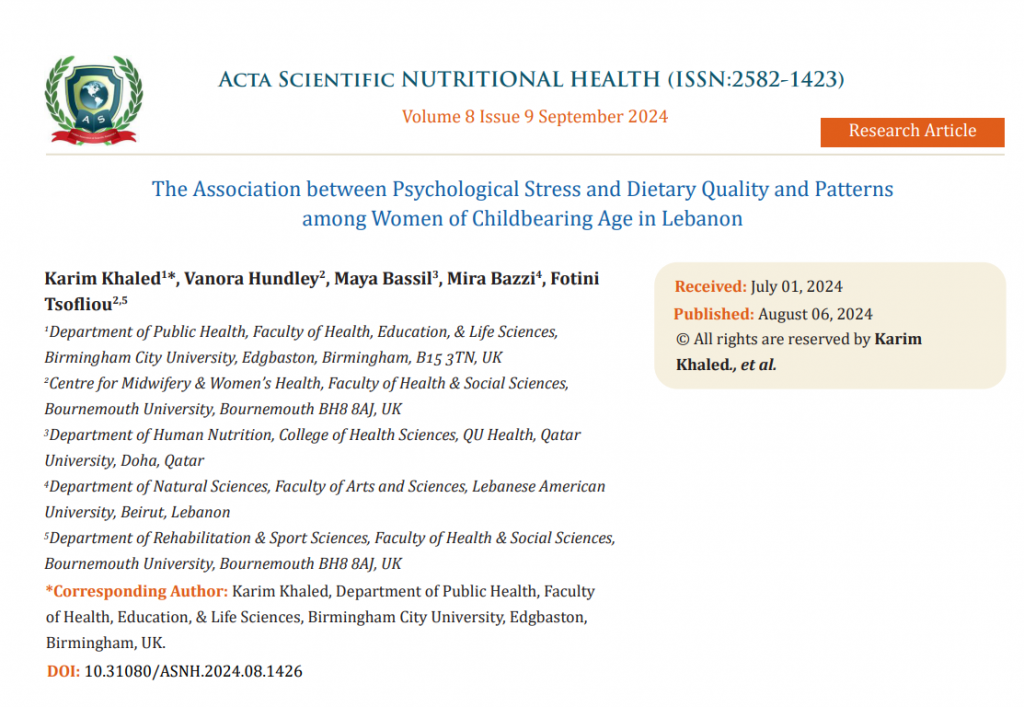
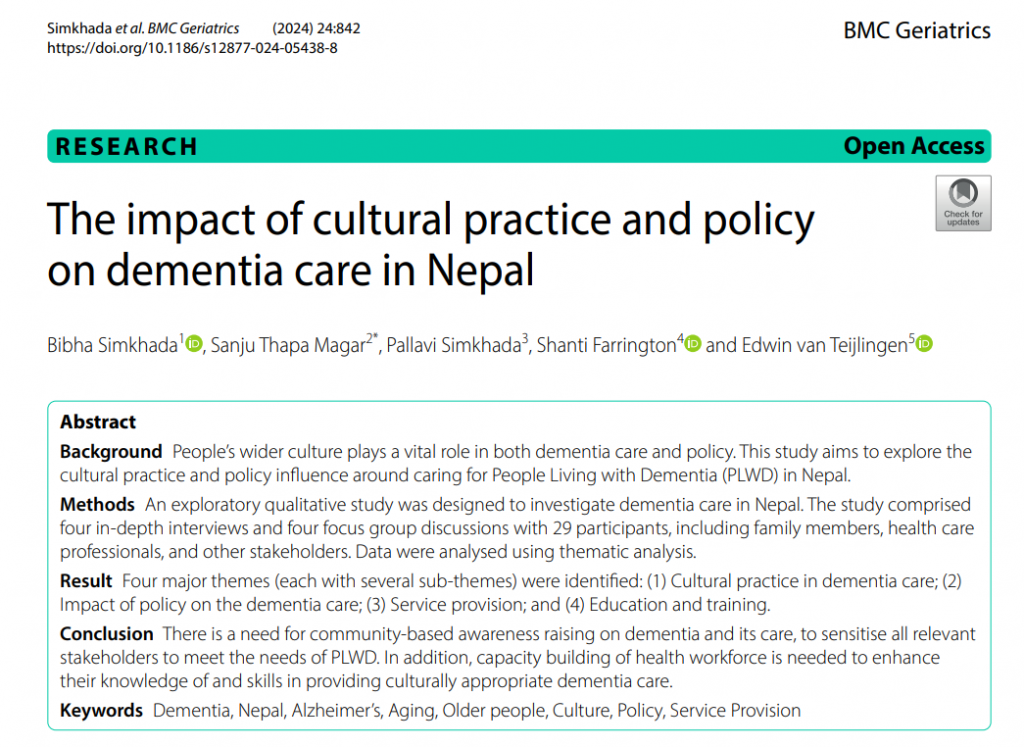


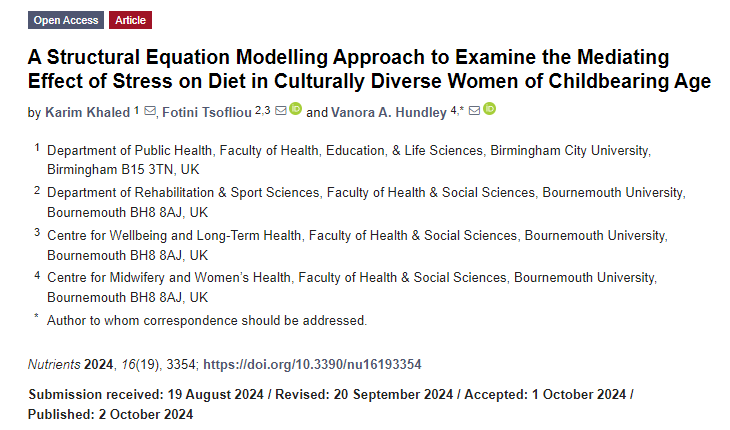


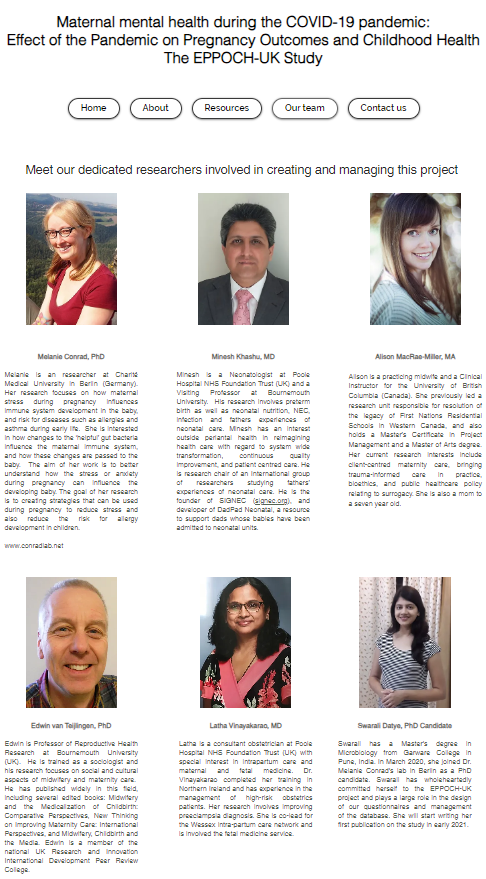
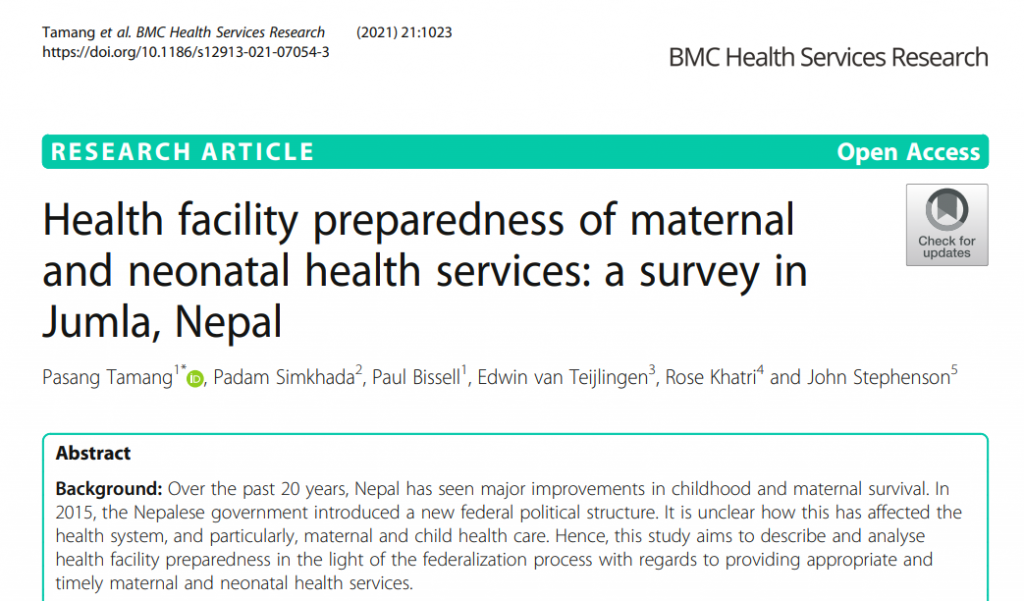


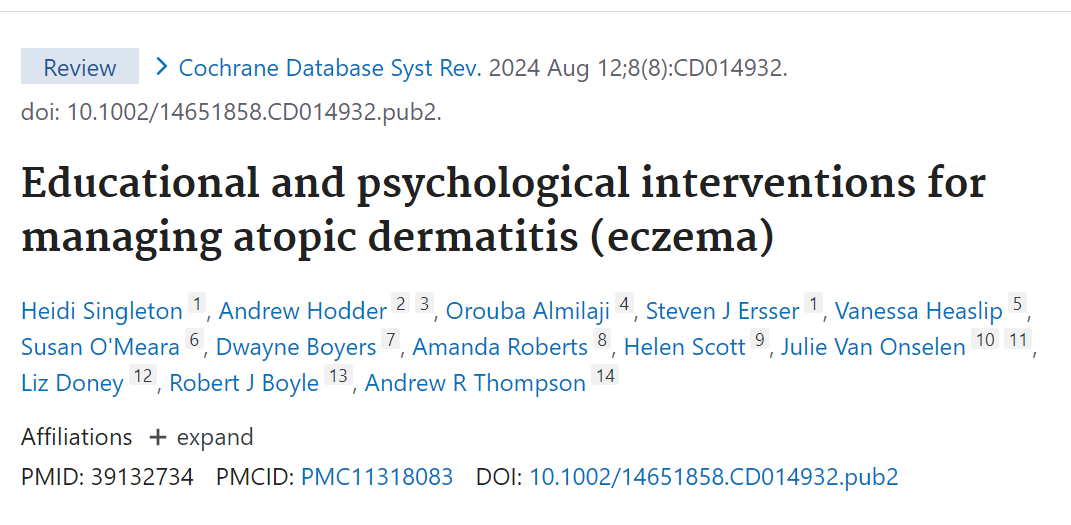
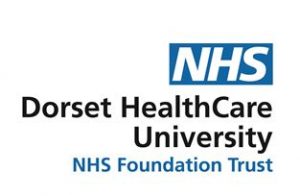
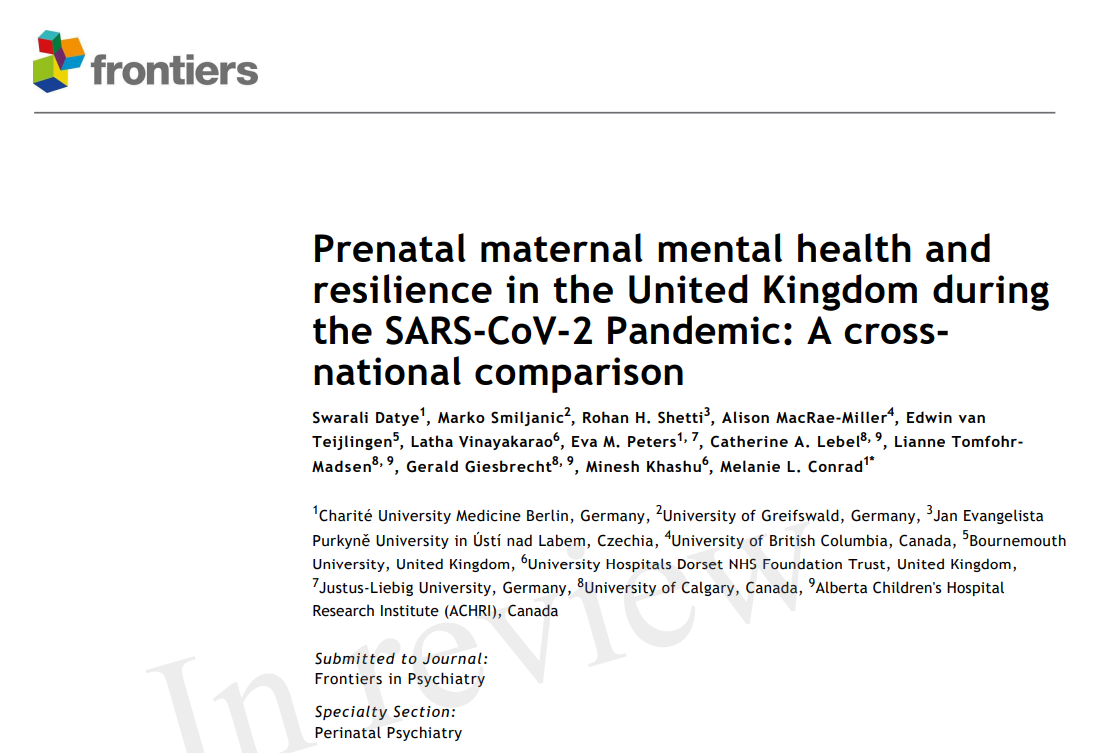

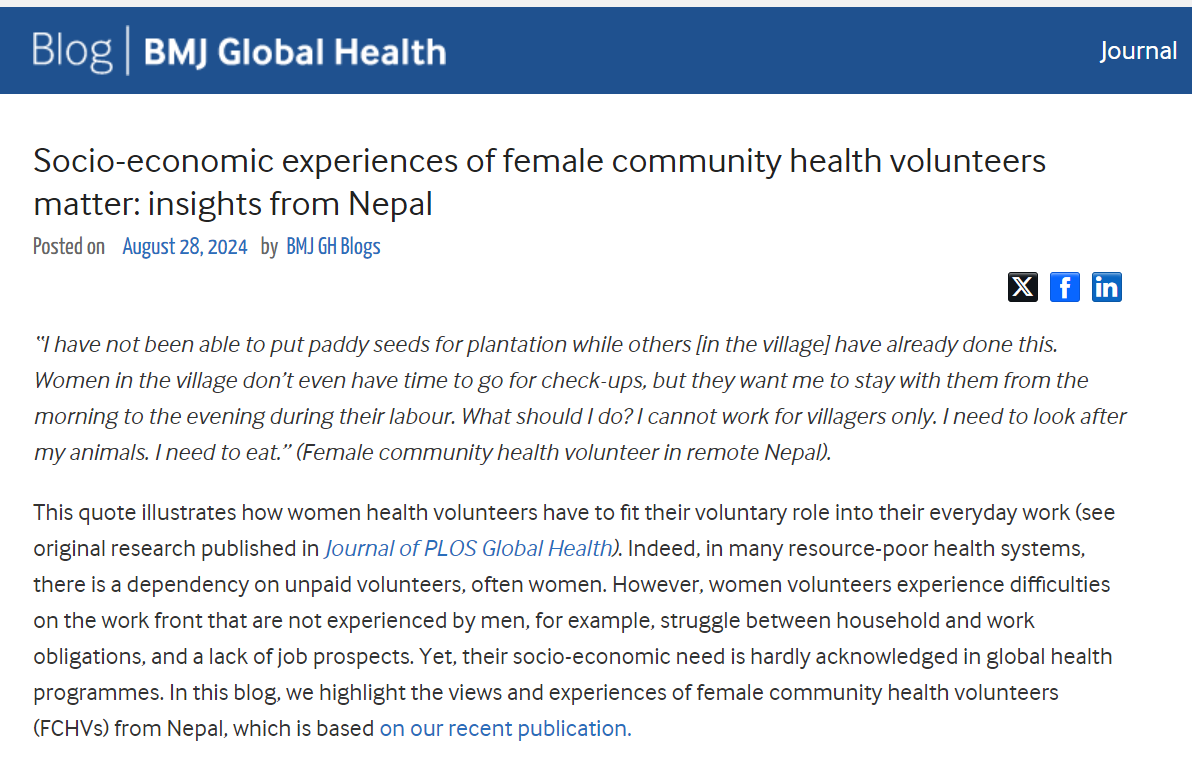
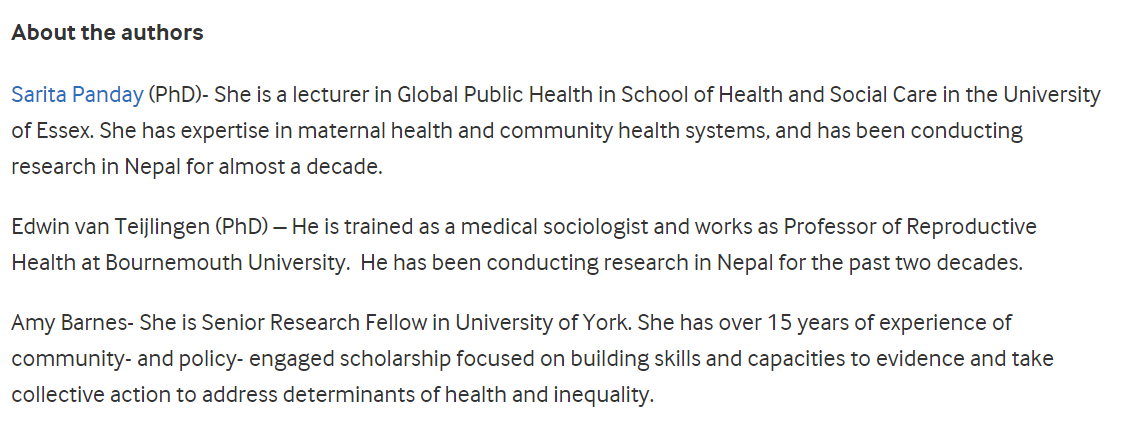
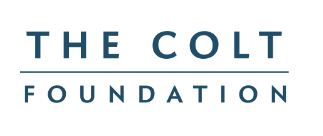

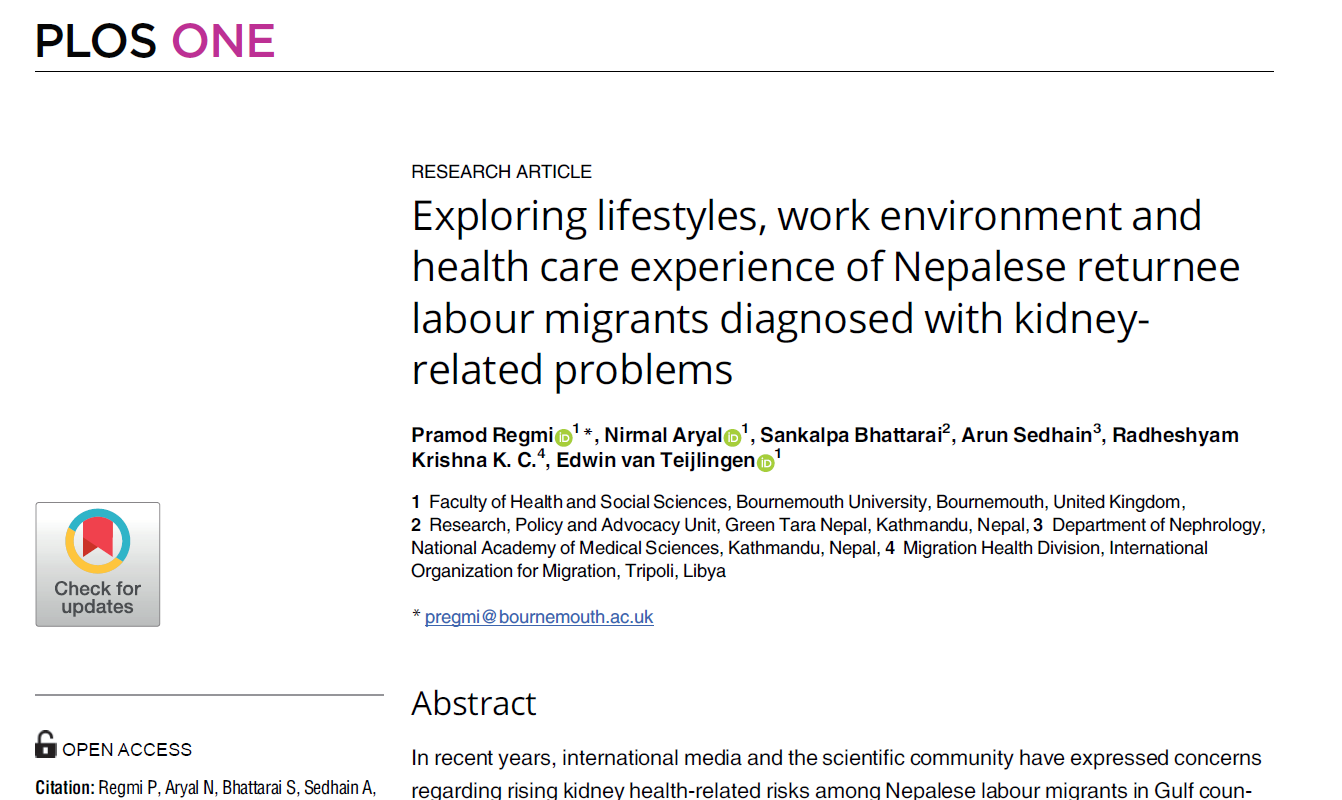

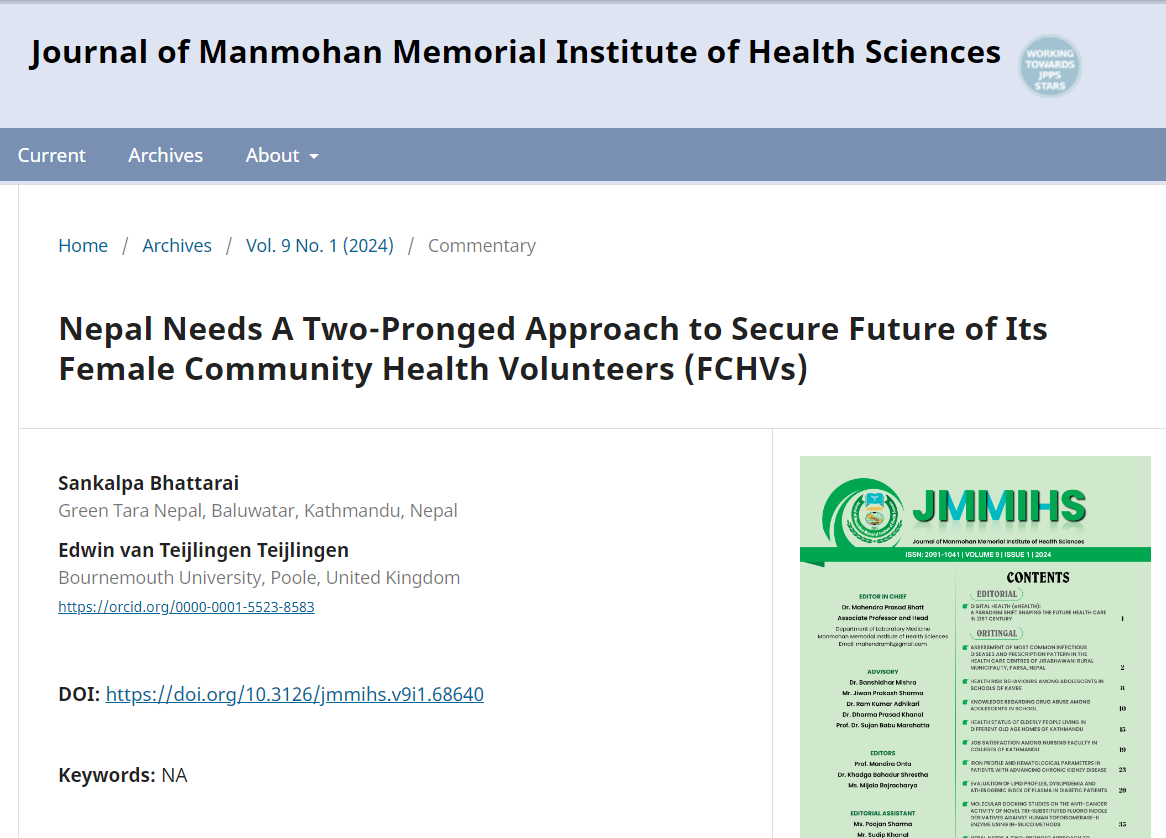
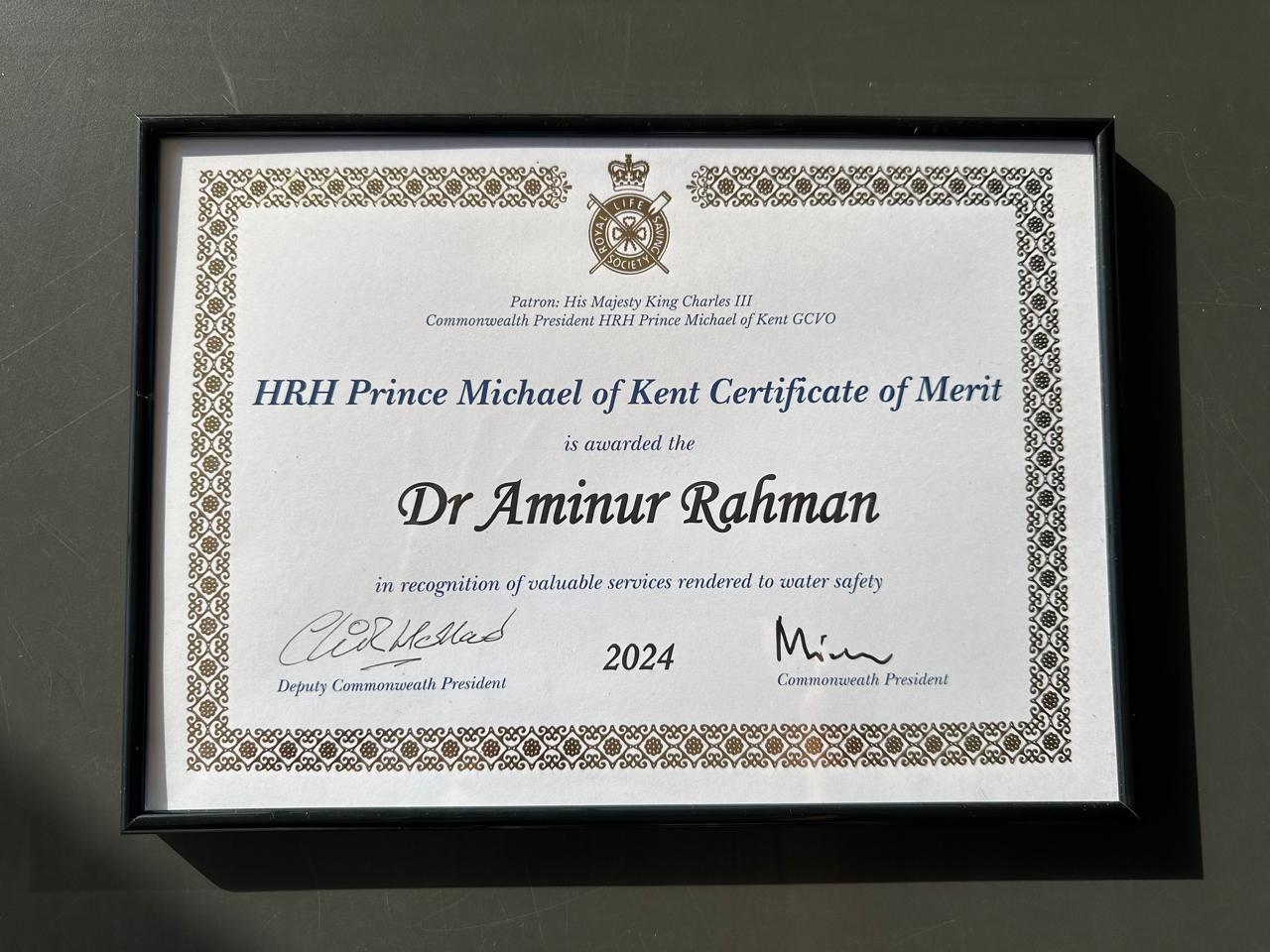
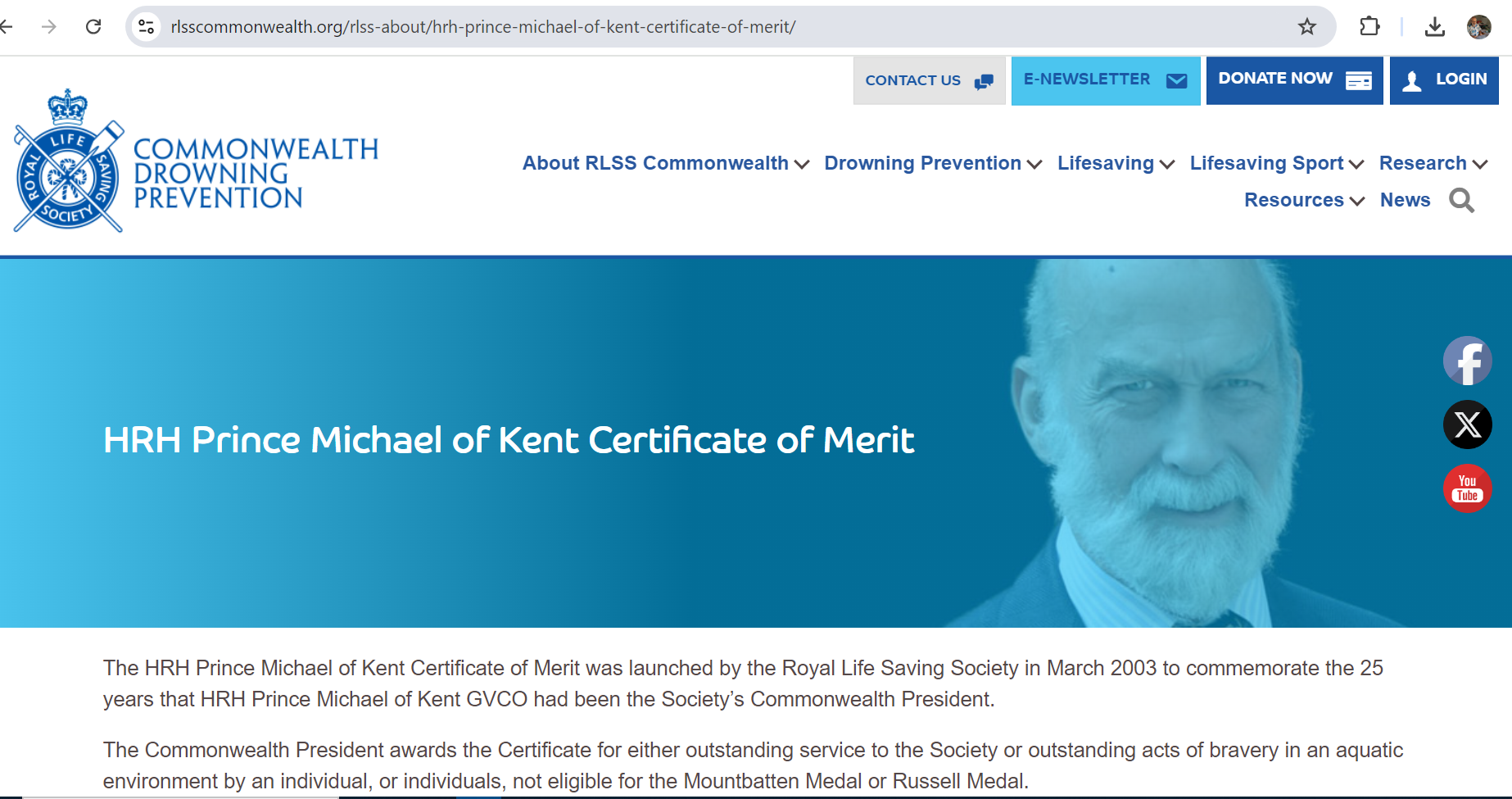











 SPROUT: From Sustainable Research to Sustainable Research Lives
SPROUT: From Sustainable Research to Sustainable Research Lives BRIAN upgrade and new look
BRIAN upgrade and new look Seeing the fruits of your labour in Bangladesh
Seeing the fruits of your labour in Bangladesh Exploring Embodied Research: Body Map Storytelling Workshop & Research Seminar
Exploring Embodied Research: Body Map Storytelling Workshop & Research Seminar Marking a Milestone: The Swash Channel Wreck Book Launch
Marking a Milestone: The Swash Channel Wreck Book Launch ECR Funding Open Call: Research Culture & Community Grant – Application Deadline Friday 12 December
ECR Funding Open Call: Research Culture & Community Grant – Application Deadline Friday 12 December MSCA Postdoctoral Fellowships 2025 Call
MSCA Postdoctoral Fellowships 2025 Call ERC Advanced Grant 2025 Webinar
ERC Advanced Grant 2025 Webinar Update on UKRO services
Update on UKRO services European research project exploring use of ‘virtual twins’ to better manage metabolic associated fatty liver disease
European research project exploring use of ‘virtual twins’ to better manage metabolic associated fatty liver disease